Strawberries, walnuts, salmon, and olive oil are rich in healthy fats, antioxidants, vitamins, and minerals that are good for reproductive function.
According to the World Health Organization, one in six adults, or 17.5%, are infertile. There are many reasons why couples fail to conceive, including diet.
Besides avoiding alcohol, some of the foods below are recommended by nutritionists because they are good for fertility.
Walnut
Eating walnuts every day can help male fertility in many ways. According to a British study published in the journal Fertility, men who ate 75g of walnuts every day for 12 weeks had healthier sperm than those who did not. These men ate a Western-style diet, including processed foods. They saw these positive results without having to completely change their diet.
Another study in the American Journal of Clinical Nutrition found that men who ate 60 grams of a mixture of walnuts, hazelnuts and almonds had similar positive results related to fertility.
Thanks to their healthy fats and antioxidants, walnuts also boost women's overall health.
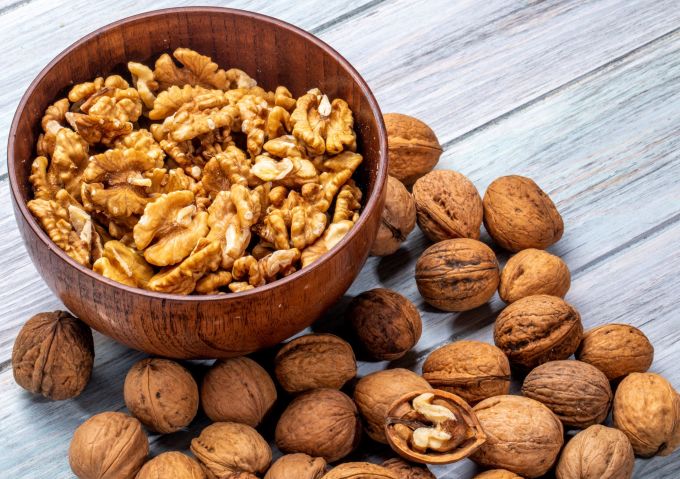
Walnuts are good for male fertility. Photo: Freepik
Strawberry
Strawberries are rich in antioxidants and beneficial nutrients, including potassium, folate, and fiber. They can lower blood sugar and reduce inflammation, especially when eaten within two hours of a meal. Chronic inflammation can lead to imbalances in important reproductive hormones, estrogen and progesterone, which can make it difficult for an embryo to implant in the uterus.
Salmon
Fish like salmon are packed with healthy fats, anti-inflammatory properties, and antioxidants. A study by the Harvard School of Public Health that looked at more than 500 couples found that those who ate more fish were more likely to conceive and had sex more often than those who ate less of this food.
Greek Yogurt
Full-fat, unsweetened Greek yogurt is good for fertility, partly because it reduces inflammation. American nutritionists say that women should choose whole milk instead of low-fat milk because it reduces the risk of infertility related to ovulation. Meanwhile, men should choose the opposite, because non-fat dairy products support male fertility better.
Sorghum
Sorghum is a naturally gluten-free whole grain that is widely consumed around the world. For women who are expecting a baby, this food helps increase the thickness of the uterine lining, supporting the embryo to adhere and nest.
For men, increased oxidative stress can affect sperm quality. Foods rich in natural antioxidants such as sorghum are helpful.
Radish
Whether pickled or canned, radishes can improve fertility. Women are encouraged to eat foods rich in folate to reduce the risk of birth defects. Radishes provide folate, which is a natural source of nitric oxide, promoting healthy blood circulation.
Data published in the journal Fertility and Sterilization shows that eating radishes improves nutrient-rich blood flow to the uterus, improving the chances of embryo transfer.
Cranberries
A glass of cranberry juice or adding some cranberries to your diet may fight the Helicobacter pylori (H. pylori) bacteria.
H. pylori infection can reduce sperm quality in men. Infected women may have specific antibodies in their cervical mucus that prevent sperm from reaching the egg, making fertilization difficult. A 2020 US clinical trial of more than 500 people found that drinking cranberry juice reduced the rate of H. pylori infection by 20%.
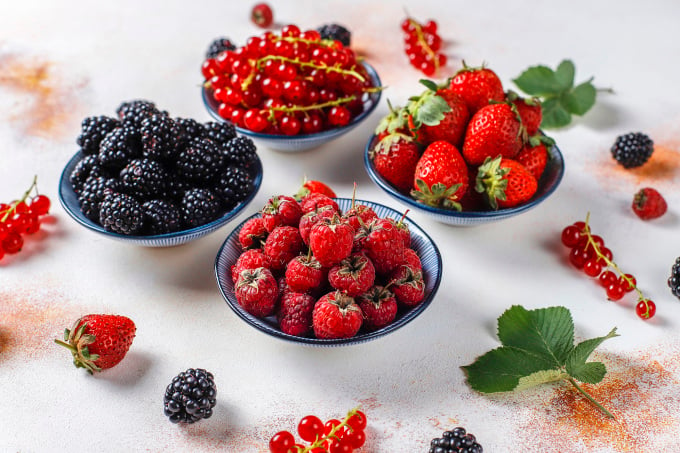
Strawberries and blueberries support fertility. Photo: Freepik
Olive oil
Using olive oil as the main source of fat is the foundation of the Mediterranean diet, which is effective in fighting inflammation. According to the Oxford Institute, UK, applying this diet with foods such as fruits, vegetables, seeds, nuts, beans, fish, poultry, dairy and vegetable oils increases fertility and success rates of in vitro fertilization (IVF).
Mr. Ngoc (According to Verywell Health )
Source link




![[Photo] Celebrating the 70th Anniversary of Nhan Dan Newspaper Printing House](https://vstatic.vietnam.vn/vietnam/resource/IMAGE/2025/4/15/a7a2e257814e4ce3b6281bd5ad2996b8)
![[Photo] Vietnamese and Chinese leaders attend the People's Friendship Meeting between the two countries](https://vstatic.vietnam.vn/vietnam/resource/IMAGE/2025/4/15/7d45d6c170034d52be046fa86b3d1d62)
![[Photo] Prime Minister Pham Minh Chinh works with state-owned enterprises on digital transformation and promoting growth](https://vstatic.vietnam.vn/vietnam/resource/IMAGE/2025/4/15/f55bfb8a7db84af89332844c37778476)
![[Photo] President Luong Cuong holds talks with General Secretary and President of China Xi Jinping](https://vstatic.vietnam.vn/vietnam/resource/IMAGE/2025/4/15/f7e4c602ca2f4113924a583142737ff7)










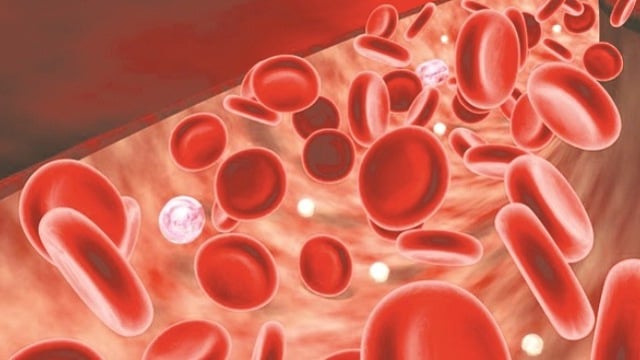
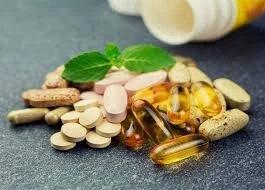















![[Photo] Tan Son Nhat Terminal T3 - key project completed ahead of schedule](https://vstatic.vietnam.vn/vietnam/resource/IMAGE/2025/4/15/85f0ae82199548e5a30d478733f4d783)















































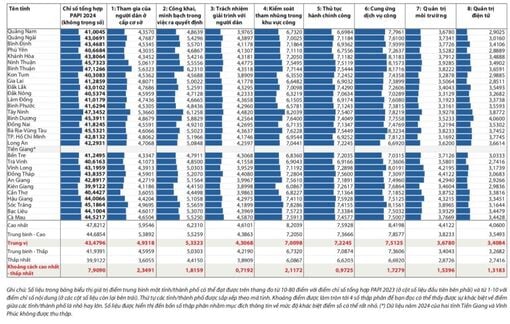


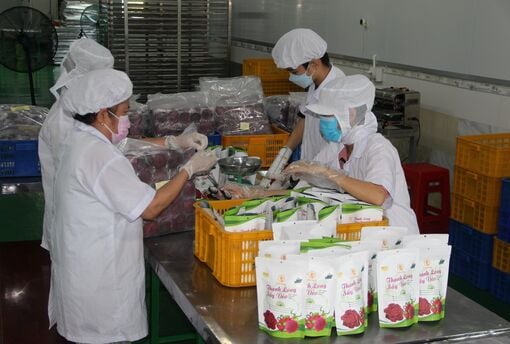



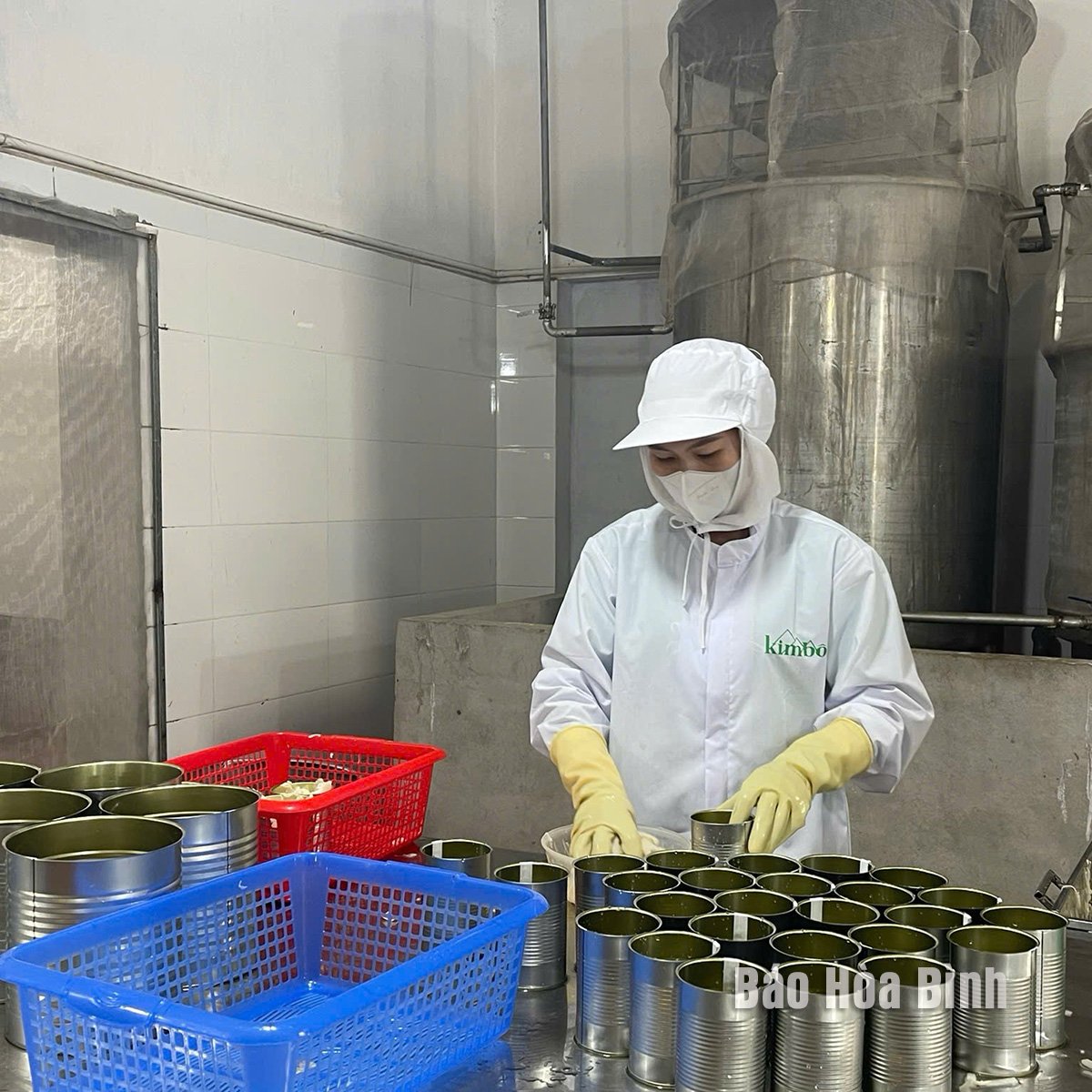




Comment (0)